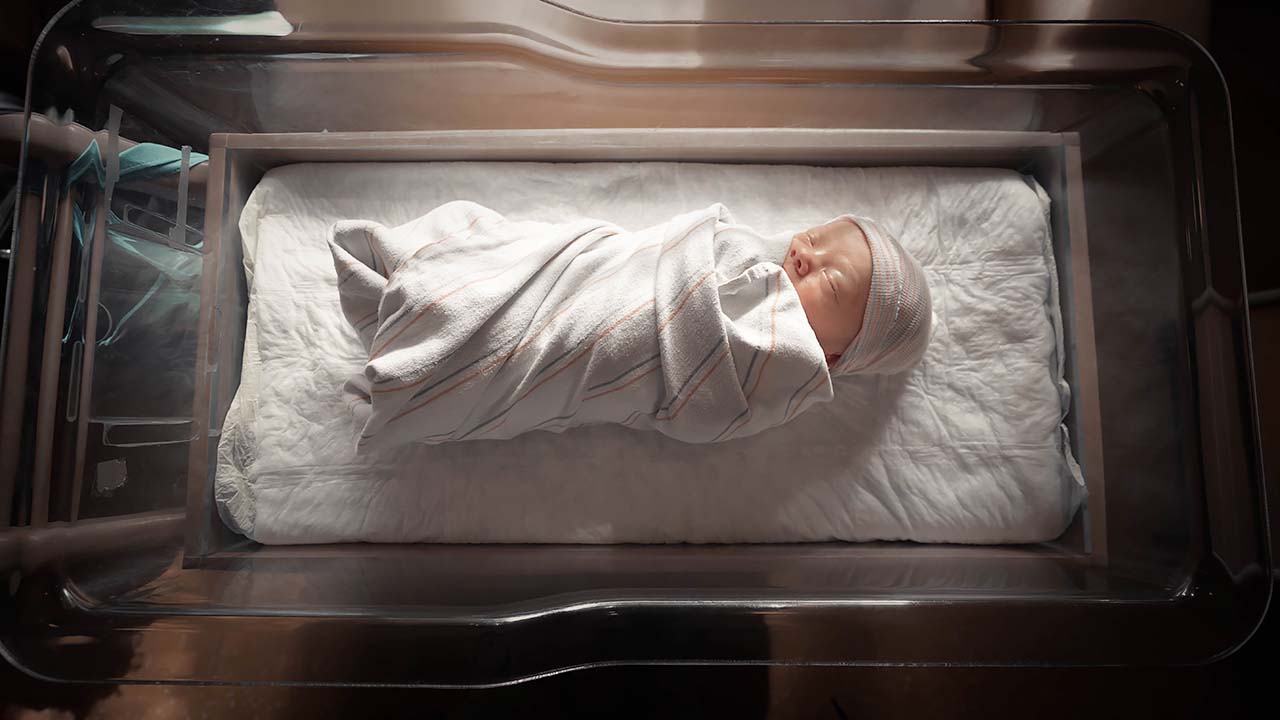Hospitals Seek to End Labor and Delivery Care

When did our expectations that hospitals exist to serve the public good drop so low? Was it around the time we normalized millions in compensation to CEOs? Or is it now, when we accept the fact that hospitals are denying the women they serve the most basic human healthcare need — the right to deliver a baby in safety?
At least two Connecticut hospitals — both with long histories of caring for patients, including expectant mothers — now claim they can’t afford to continue this service.
When did we exempt hospitals from delivering critical care as well as from paying property taxes?
Windham Hospital claims it NEEDS to shut its labor and delivery services after 100 years of safely delivering babies because it can’t afford to keep trained staff.
Sharon Hospital is claiming the same — only it dropped the “safe” argument because the hospital has been safely delivering babies since 1909.
Connecticut is a small state so for these hospitals to suddenly claim they can’t attract and retain trained staff because of their relatively remote locations rings hollow.
Since the 1920s, hospitals in rural areas like Windham and Sharon have provided care. Sharon Hospital, in 1922, purchased the adjacent “Kenny” home to serve as a nurses’ home. When the building opened in 1923, the total number of beds expanded from 16 to 25. Maternity was located in the Nurses’ house.
The formal dedication of Windham Community Memorial Hospital took place on April 5, 1933. That same day Windham began accepting maternity patients and at 6:00 p.m. the Accident Room (precursor to the Emergency Department) opened. On April 25th the first birth occurred at the new hospital.
How is it we cannot do in the 2020s what we managed to do 100 years ago? Or nine decades ago in the 1930s? We can provide in-hospital maternity care during the Great Depression but apparently not in this age of exploding technological advancement.
Many spoke up at the recent Office of Healthcare Strategy public hearing in opposition to the alarming trend of Connecticut hospital administrators excluding women delivering babies from their community hospital care access.
This is a disturbing reproductive justice issue by nonprofit healthcare “providers” and creates complicated barriers for women in labor who may have just hours or minutes before delivering their child.
The distinction between Windham and Sharon hospitals is that in Windham, Hartford Healthcare eliminated the Intensive Care Unit (ICU) in 2015 which led to the exodus of many local physicians moving their practices to hospitals with ICUs.
We fear that Sharon Hospital administrators’ plan to eliminate both the ICU and Maternity and Delivery services at the same time will have a devastating impact on the maternal and infant health of the rural community.
When Hartford Healthcare eliminated the ICU, our state did not have statutory authority to review that process. The legislature created the Office of Health Care Strategy which is required to ensure health care access is equal statewide. That is why OHS is having a hearing regarding the proposed termination of Maternity and Delivery services. Testimony can be submitted until 11/17/21 to OHS@ct.gov.
What is the real “need” to close these critical, life-giving, basic services? Because they won’t invest in retaining qualified, skilled doctors in these rural hospitals? Because the economic “metrics” of resuming a regional labor/delivery center in a less densely populated, low wealth community is no longer an appealing acquisition? Because it’s more convenient for whom?
And yet we expect women in labor to travel under duress, 40 minutes to an hour, in potentially bad weather, along the same non-major highway roads as their grandmothers travelled, while in labor?
If we can’t get it done in Windham or Sharon, then let’s find a CEO pulling in less than $13 million who can.
We urge Connecticut’s Office of Health Strategy to reject both these hospital systems’ Certificate of Need to close these critical local, life-saving OB labor and delivery care, and restore them immediately to families expecting to deliver their babies now and in the coming years. Babies are coming, ready or not.
Hartford Healthcare and Nuvance Hospital systems are ethically compelled to prepare accordingly, centering the moms and their babies’ health and well-being, not the enrichment of their executives. After all, they operate as non-profits, reap the benefits of non-profits, they should begin acting accordingly.
If not, they should pay taxes like other businesses. And Connecticut can invest those taxes in making sure we can KEEP safely delivering babies in our rural communities, like the generations of women before us.
Rep. Anne Hughes, 135th House District
Rep. Susan Johnson, 49th House District
Representatives Hughes and Johnson are co-chairs of the Complex Care Subcommittee of the Medical Assistance Program Oversight Council (MAPOC).
